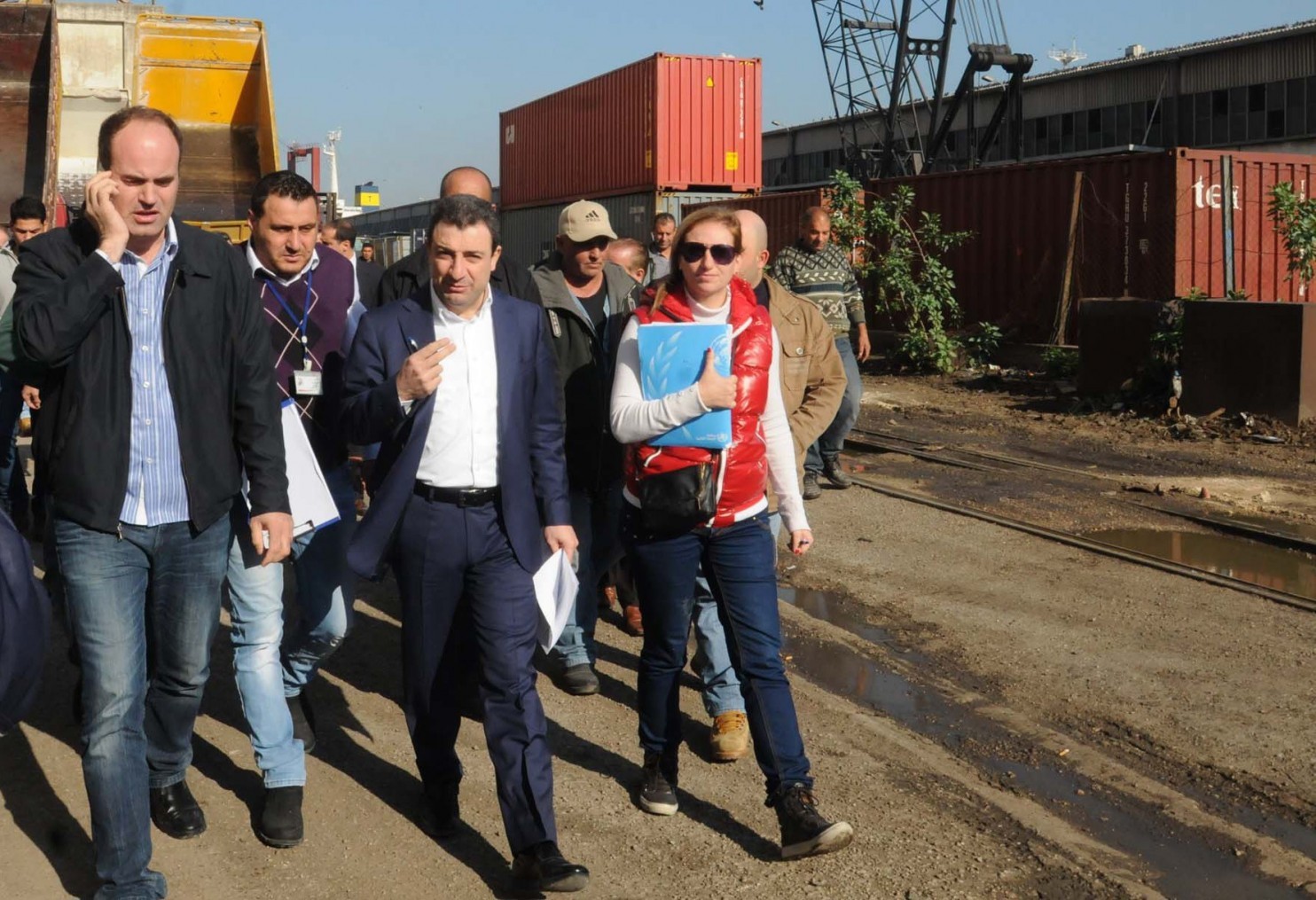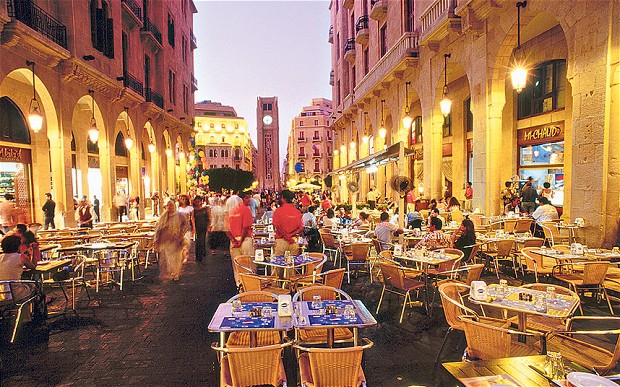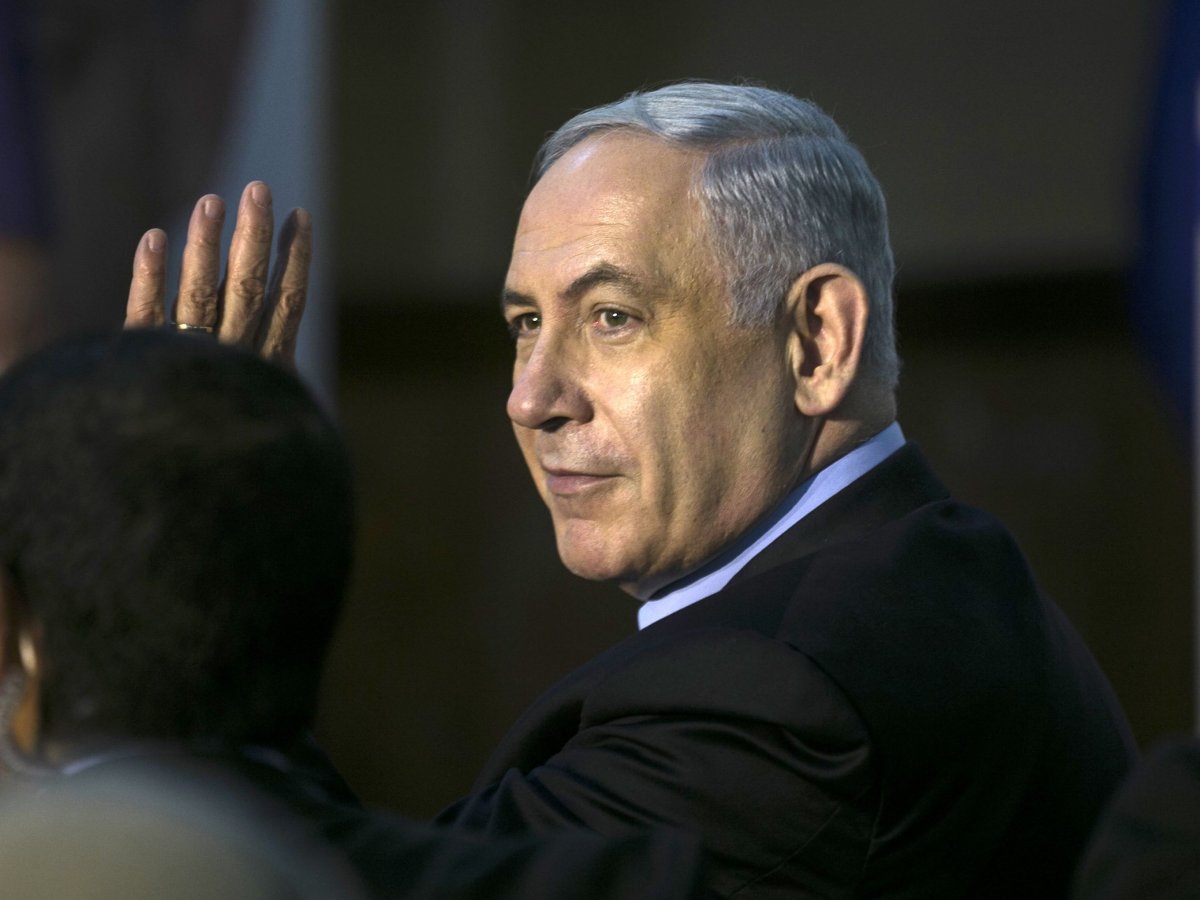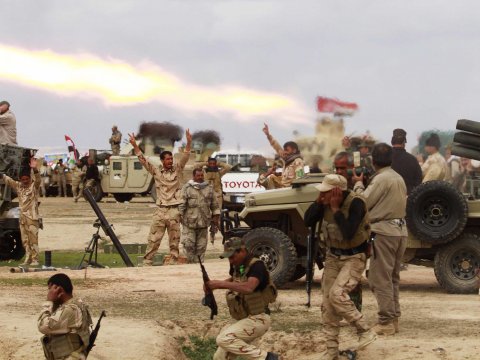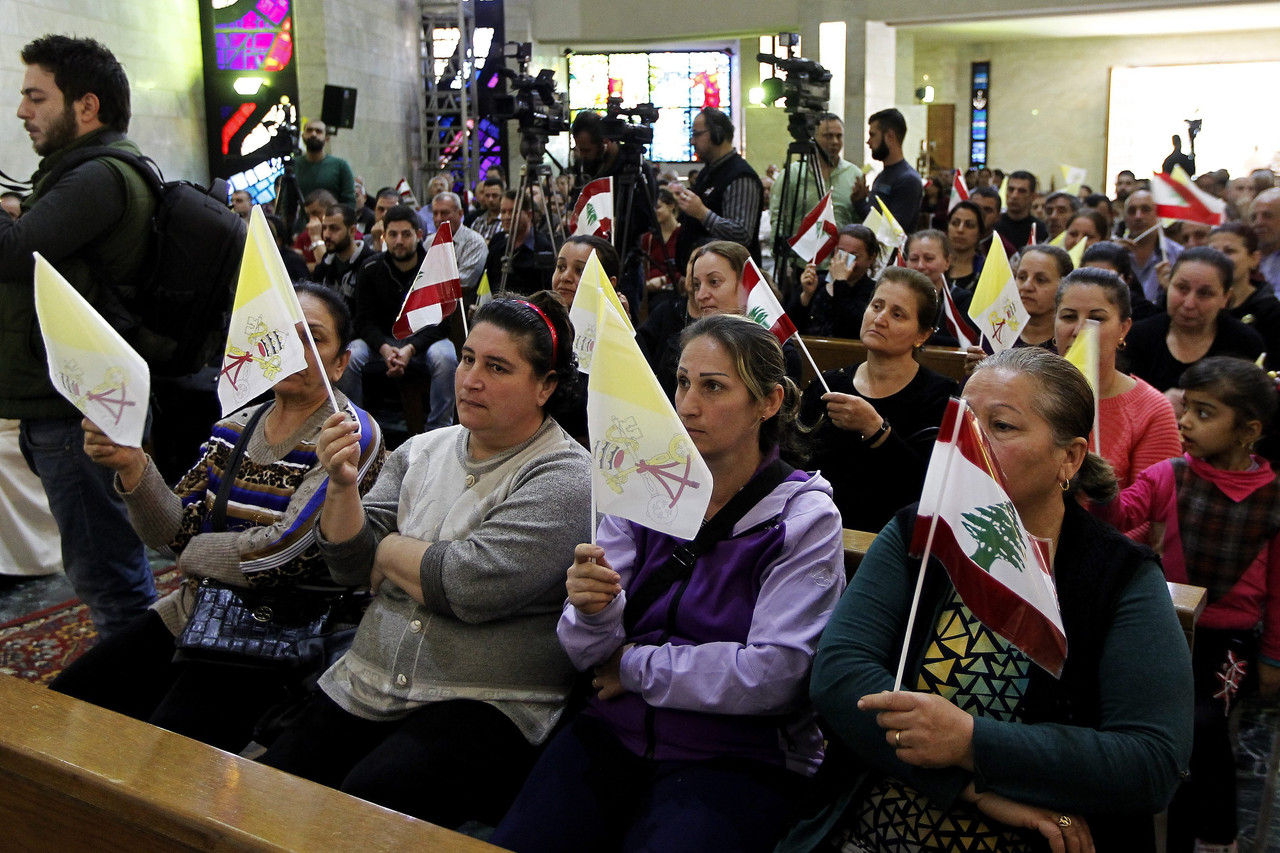By Dana Halawi BEIRUT (Thomson Reuters Foundation)
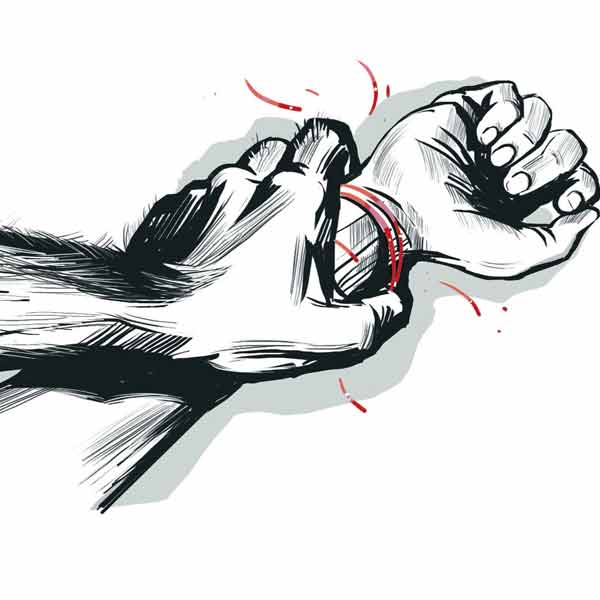
When Lina met her husband she was drawn by his warmth and quiet nature. At 19 she was keen to settle down and start a family, but she never imagined the nightmare ahead. "Marriage turned my life into a real mess," she says after 17 years of misery with a husband who she says repeatedly beat her up, abused her and left her in fear of her life. "
He used to invite his girlfriends over to our place without caring at all about my feelings," she added. "If I complained about his behavior he’d ask me to leave the house or even threaten to kill me." On one occasion she says her husband also beat their 10-year-old son up when he stepped in to protect her. Lina, a 36-year-old mother of three, is one of a handful of women in Lebanon who has dared to speak out about an issue that is strongly taboo throughout the Middle East.
